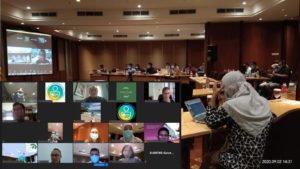 Indonesia’s ADLIGHT, Advancing Indonesia’s Lighting Market to High Efficient Technologies, project was officially launched through inception meetings in Bogor (West Java) on 1st and 2nd September 2020. This three-year (2020-2023) project aims to reduce electricity demand and related greenhouse gas (GHG) emissions by promoting increased use of high efficiency lighting technologies through the transformation of the national market.
Indonesia’s ADLIGHT, Advancing Indonesia’s Lighting Market to High Efficient Technologies, project was officially launched through inception meetings in Bogor (West Java) on 1st and 2nd September 2020. This three-year (2020-2023) project aims to reduce electricity demand and related greenhouse gas (GHG) emissions by promoting increased use of high efficiency lighting technologies through the transformation of the national market.
It is being implemented by the Ministry of Energy and Mineral Resources, Directorate General for New, Renewable Energy and Energy Conservation (MEMR/DGNREEC) in cooperation with UNDP and UNEP and with the financial support of Global Environment Facility. A number of key ministries/agencies at national level, sub-national governments and the private sector are other key partners in implementing the project activities.
With ratification of the Paris Agreement through Law No. 16/016, Indonesia is committed to an unconditional greenhouse gas emissions reduction target of 29% by 2030. Under this commitment, the energy sector is targeted to reduce 314 Mt CO2e, or 11% of business as usual emissions, by 2030. With international support the energy sector is targeted to reduce 398 MtonCO2e (or 14%) by 2030. Within this target, the energy efficiency programme will contribute by achieving a 17% energy efficiency target by 2025, according to the 2017 National Energy Plan (RUEN).
Access to energy efficient lighting products and systems is relevant to these global commitments and to Indonesia’s national development priorities, contributing to the energy efficiency target, greenhouse gas emissions reduction, as well as human and economic development.
However, the application of energy efficient lighting systems in Indonesia faces challenges. As a nation composed of groups of islands, Indonesia is prone to porous borders which allows the local market to be confronted by imported low quality energy efficient lighting products. This situation hampers consumers’ access to good quality LED products, whereby deployment of good quality products in the market has to compete with the low-priced, substandard lighting products. In additional, local lighting manufactures have limited capacity to meet standards for energy efficiency and quality, and produce affordable, high quality LEDs and meet future MEPS.
ADLIGHT will address these challenges by implementation of three project components:
- Support to local lighting industry to increase their capability to expand their production lines to produce high quality, high efficiency lighting systems;
- Regulatory mechanisms (including update of minimum energy performance standards and labels for lighting products) and market monitoring, verification and enforcement, which will provide improved conditions for fair market competition of energy efficient lighting products;
- New business models and awareness raising for high efficiency lighting technology penetration.
Mr Hariyanto, Director, Energy Conservation, EBTKE-ESDM had these words to say on the project,
The objectives of the ADLIGHT project are aligned with the existing national energy conservation policies and plans. The project supports Indonesia’s commitment to reduce greenhouse gas emission in the energy sector. It will work to create required transformation in the local energy efficient lighting industry, that would lead to increased penetration of locally produced energy efficient lighting in the market. To ensure the successful implementation of the project and to achieve above objectives, it is very important that the project receives support from all relevant line ministries, industry associations, and other key stakeholders.”


Leave a Reply